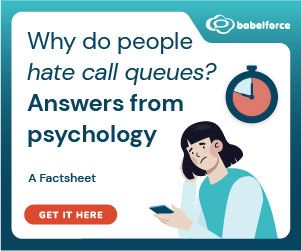In order to see every post in their Facebook News Feed the average user would have to scroll through 1,500 stories a day, so it’s no wonder organic reach is decreasing.
It’s a crowded space and there simply isn’t enough room for everyone – but good quality content will reach your fans if they’re interested in what you have to say.
Facebook has taken a lot of criticism from marketers who are angry that it is ‘withholding‘ content from their fans, but Facebook’s ultimate priority has to be ensuring the quality of the News Feed. If users are not seeing the content they’re most interested in then they will leave, so marketers need to ditch the mentality that they have a right to reach their fans and earn that spot in the News Feed instead.
To show that it is possible, a client of ours has 9,000 fans and a typical post from that Page will reach between 3,000 and 4,000 of their fans organically. Recently, one post was shared 100 times and ended up reaching over 11,000 accounts: that’s 130% reach. I can’t think of many other ways to reach an audience of that size without spending a penny.
So, where have we been going wrong?
A lot of brands have been more focused on artificially boosting their numbers than the quality of the content they’re sharing. The post below is a perfect example of this. (See Condescending Corporate Brand Page for more cringe-worthy examples).

We need to stop behaving like marketers and start behaving like real users instead. When I post from my personal account, I never worry about whether a post will get more reach as a link, plain text or an image. I’ve never asked my friends to ‘like’ or ‘share’ in order to boost engagement. The only thing I consider is whether my friends might find it funny, entertaining, interesting or useful.
Brands need to take the same approach if they’re going to compete with the 300+ friends that the average Facebook user has.
Author: Jonty Pearce
Published On: 5th Jun 2014 - Last modified: 29th Jan 2019
Read more about - Archived Content






